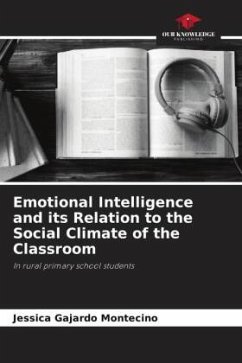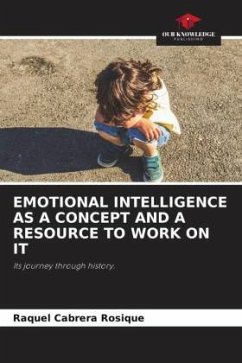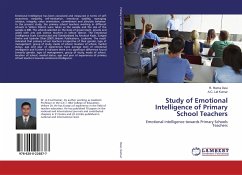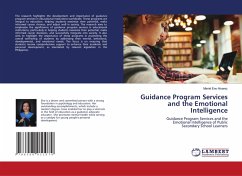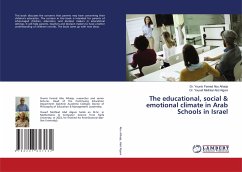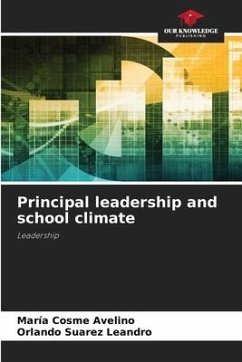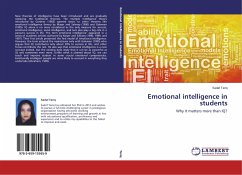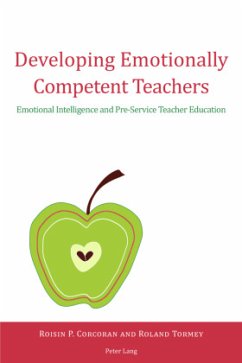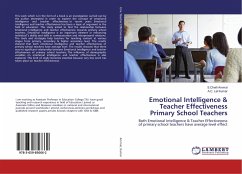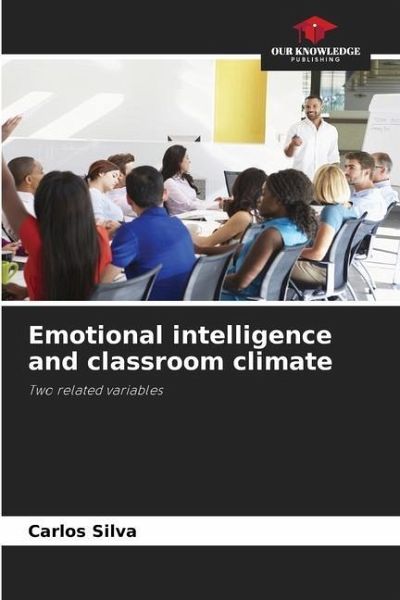
Emotional intelligence and classroom climate
Two related variables
Versandkostenfrei!
Versandfertig in 6-10 Tagen
36,99 €
inkl. MwSt.

PAYBACK Punkte
18 °P sammeln!
For intelligence scholars, a good result in the intelligence quotient predicts success in school subjects but does not predict personal improvement in the future; and to achieve this success must be complemented with an adequate management of emotional intelligence to overcome problems in everyday life. In 1996, UNESCO stated that the teaching of feelings and emotions is a necessary supplement for the development of knowledge and an instrument for prevention, and proposes four pillars for the foundation of education: "learning to know", "learning to do", "learning to live together" and "learni...
For intelligence scholars, a good result in the intelligence quotient predicts success in school subjects but does not predict personal improvement in the future; and to achieve this success must be complemented with an adequate management of emotional intelligence to overcome problems in everyday life. In 1996, UNESCO stated that the teaching of feelings and emotions is a necessary supplement for the development of knowledge and an instrument for prevention, and proposes four pillars for the foundation of education: "learning to know", "learning to do", "learning to live together" and "learning to be". It is the last two pillars that support our work; "learning to live together" implies a daily interrelationship between students and teachers in the primary role of fostering an affective classroom climate of peaceful coexistence and cooperation in learning; and "learning to be" leads us down the path of emotional intelligence that will give us the tools for personal development and mastery of our feelings and emotions. The research consists of eight chapters in sequential form.



